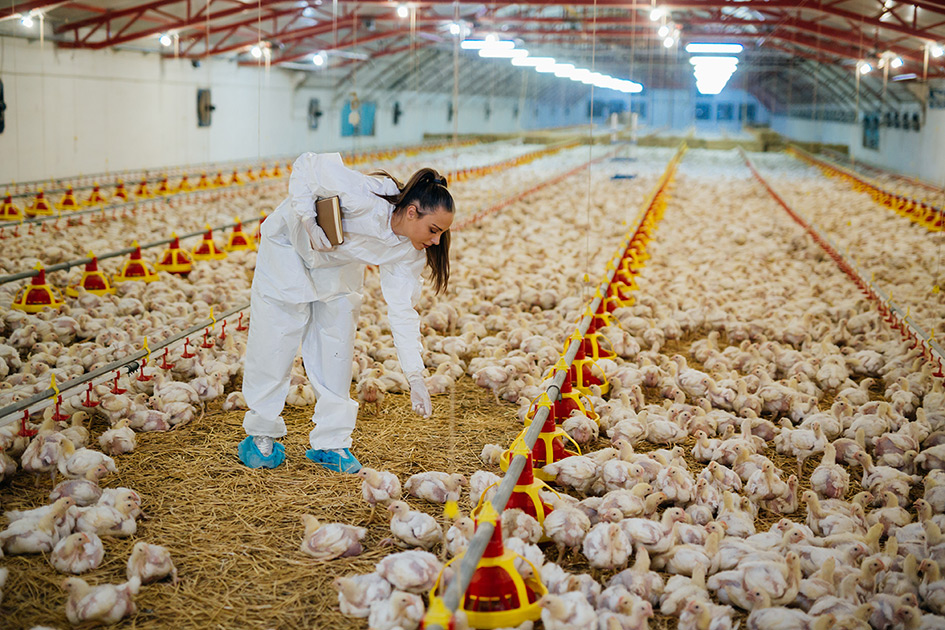- Selection of suitable breed: Choose a breed that is well-suited for the intended production purpose, such as meat production or egg laying.
- Housing: Provide appropriate housing for the birds, taking into consideration factors such as temperature control, ventilation, and protection from predators.
- Feeding: Ensure that the birds receive a balanced and nutritious diet to meet their nutritional requirements.
- Water supply: Provide clean and fresh water at all times, and ensure that the birds have access to it at all times.
- Sanitation: Regularly clean and disinfect the housing and equipment to prevent the spread of disease.
- Biosecurity measures: Implement measures to prevent the spread of disease, such as restricting access to the poultry farm, monitoring visitors, and disinfecting footwear and clothing.
- Disease prevention and control: Regularly monitor the birds for signs of illness and take prompt action to treat any diseases that are detected.
- Record-keeping: Maintain accurate records of important aspects of the poultry farming operation, such as feed consumption, egg production, and mortality rates.
- Marketing: Develop a marketing strategy to sell the poultry products, taking into consideration factors such as target market, pricing, and distribution channels.
- Continuous improvement: Regularly evaluate the poultry farming operation and make changes as necessary to improve efficiency and profitability.

